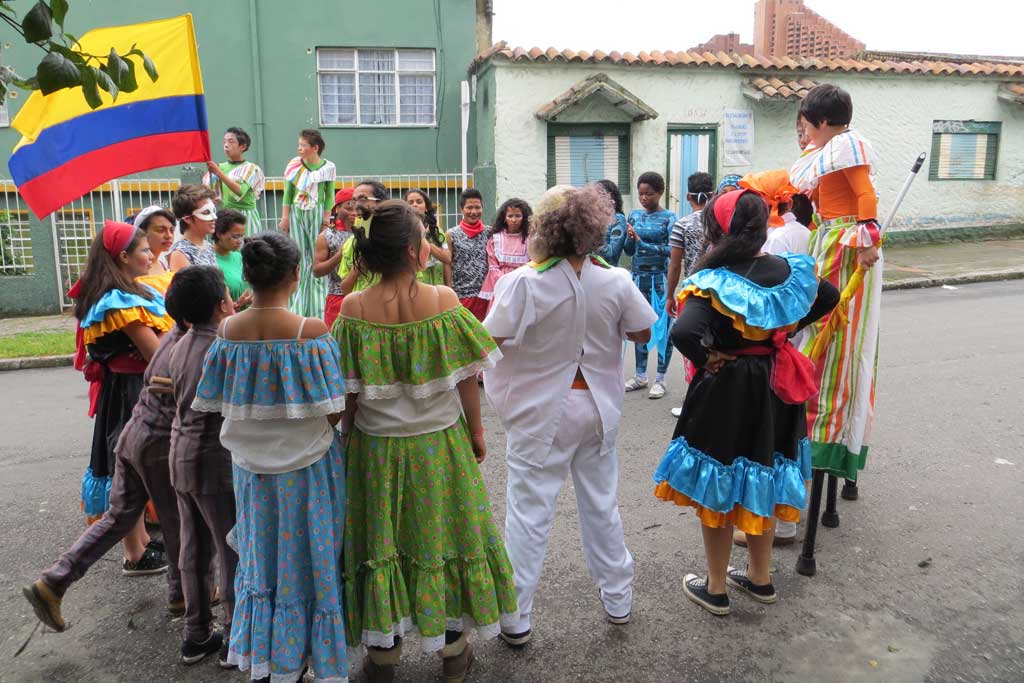Life skills are abilities that enable children to deal effectively with the challenges of everyday life, such as communication, interaction, and dealing with emotions.
Many children involved in illegal armed groups have not developed these skills, which are required for a stable life. Life skills projects include using the power of drama, arts, music, dance, media and sports to bring children together, and stimulate individual and social skills development through exercises. These can be workshops or longer programs. They give children an understanding of the destructive nature of the conflict and the alternatives in life to being involved in the conflict, and generate children’s hope for the future. They also provide a safe environment for children to deal with the trauma they have suffered in the conflict.
There are both cognitive and relational benefits to the life skills. Cognitively, children understand what their rights are and gain a sense of identity. These are fundamental to building their resilience to deal with future challenges. Relationally, children develop conflict resolution skills and strengthen their social networks that enable them to develop trusting relationships.

